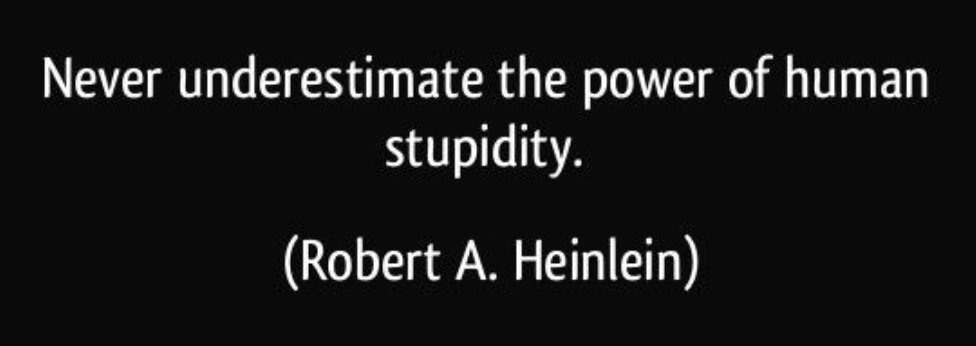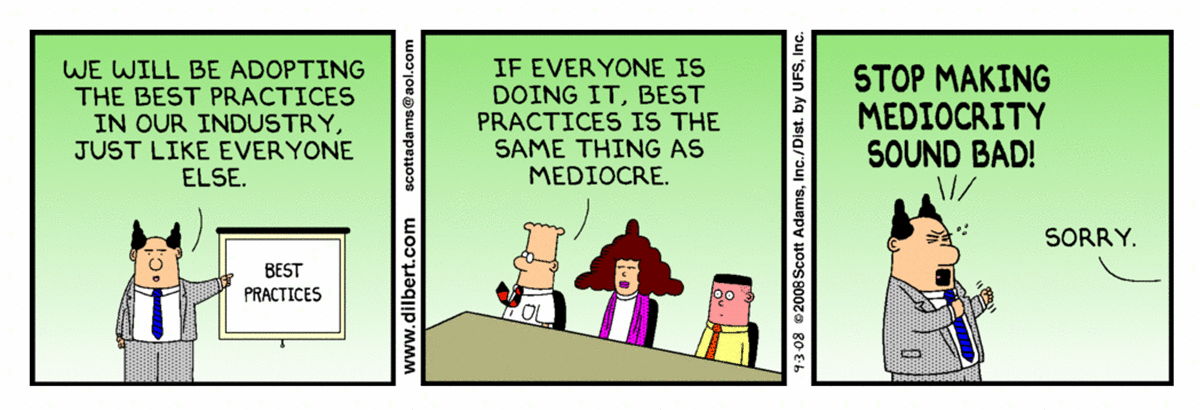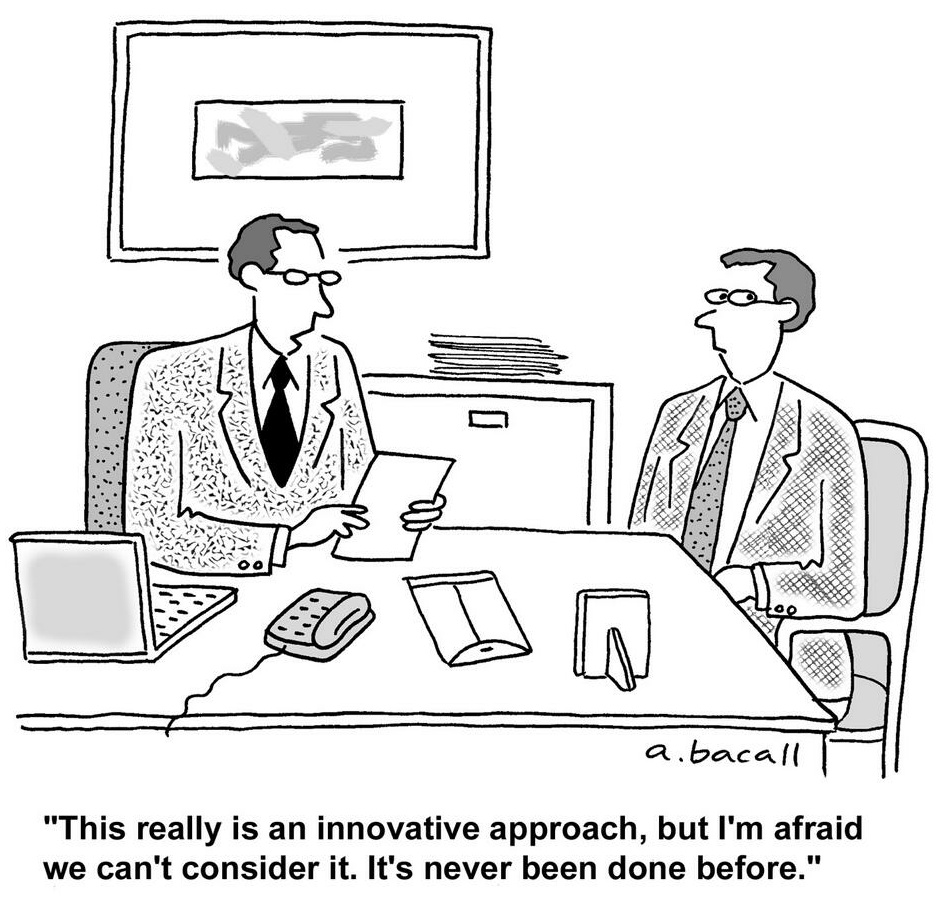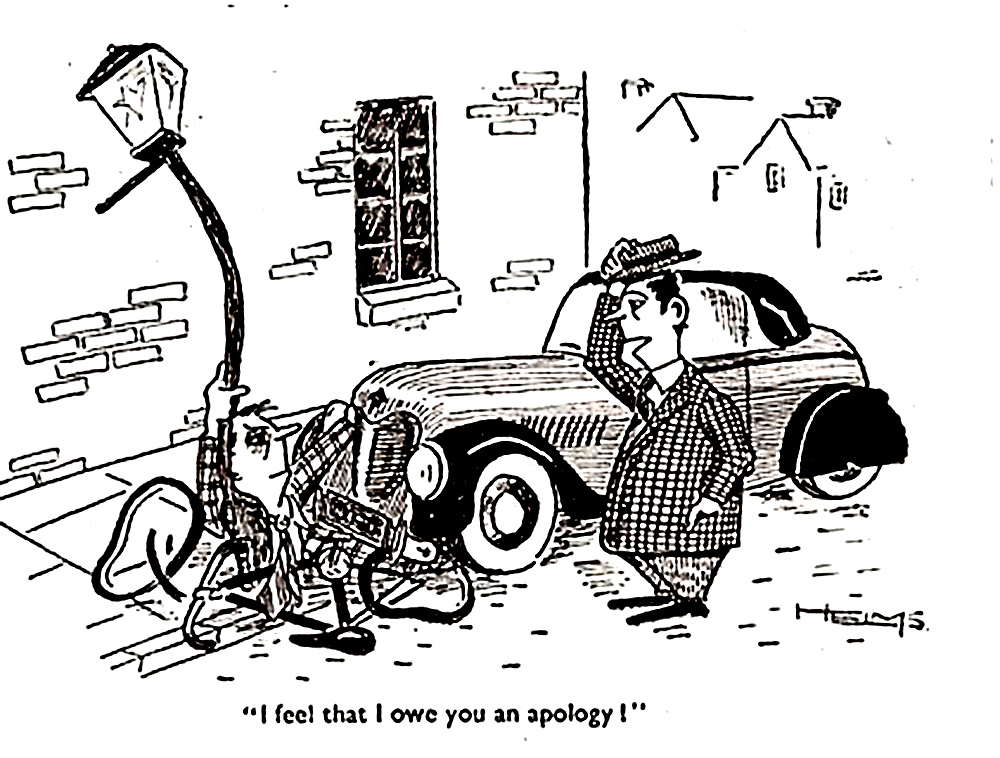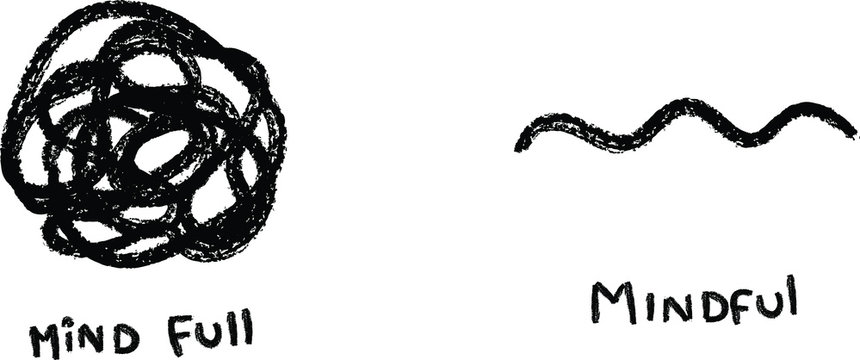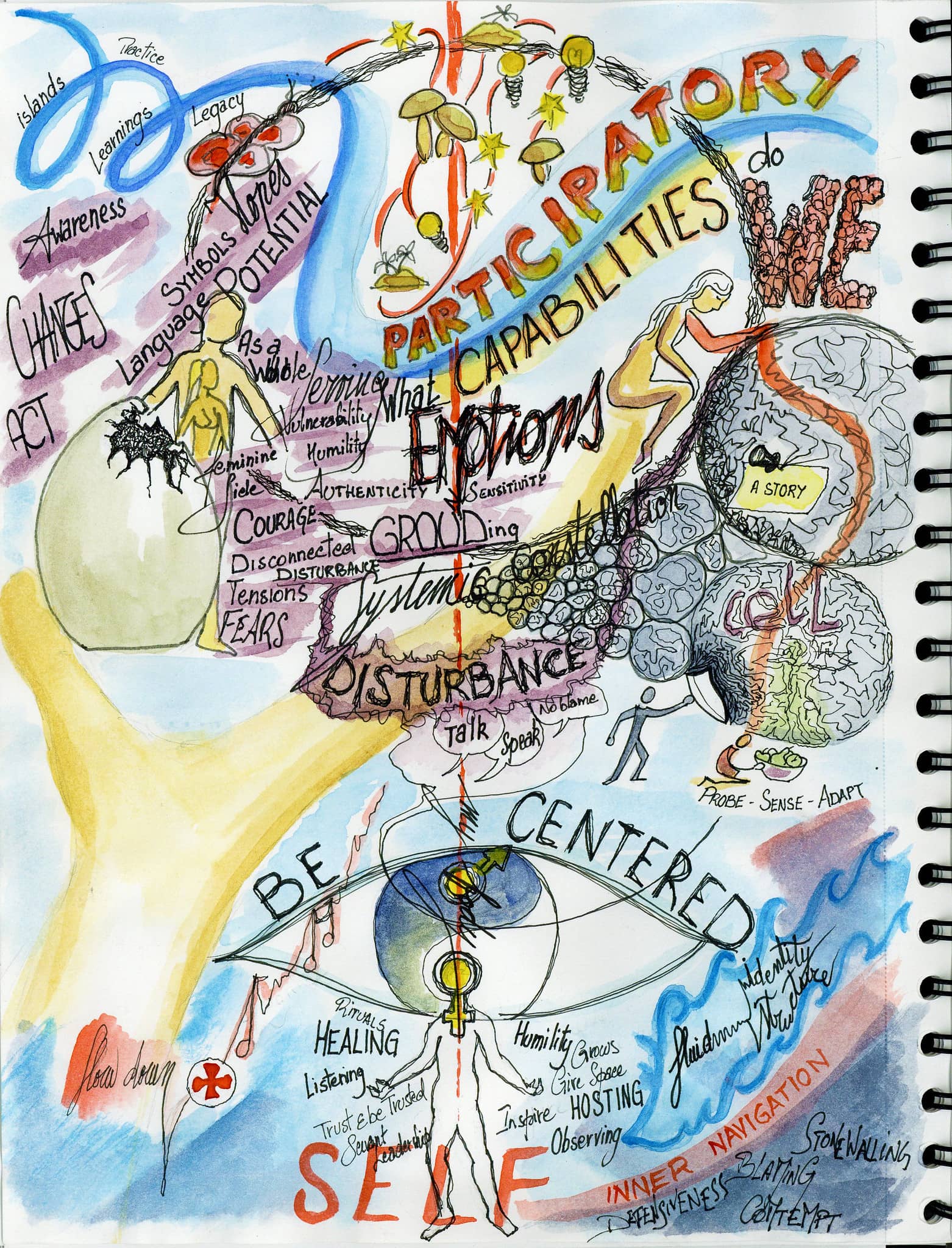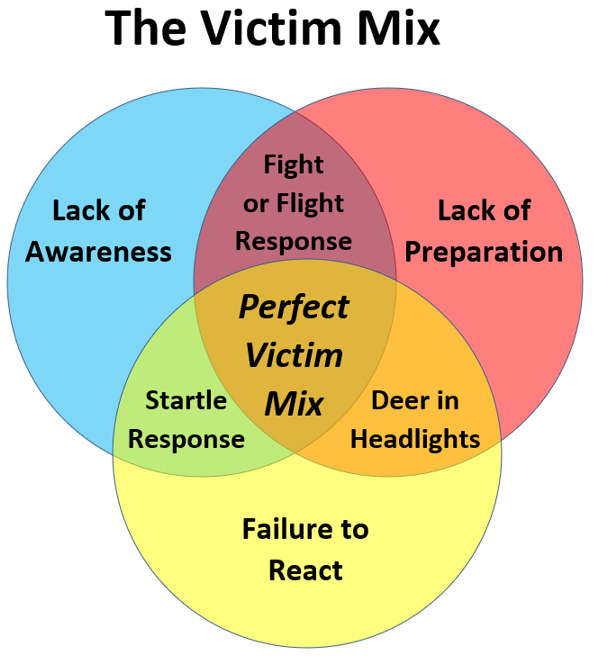-
What Goes Beyond This Dichotomisation Between Information and Knowledge?
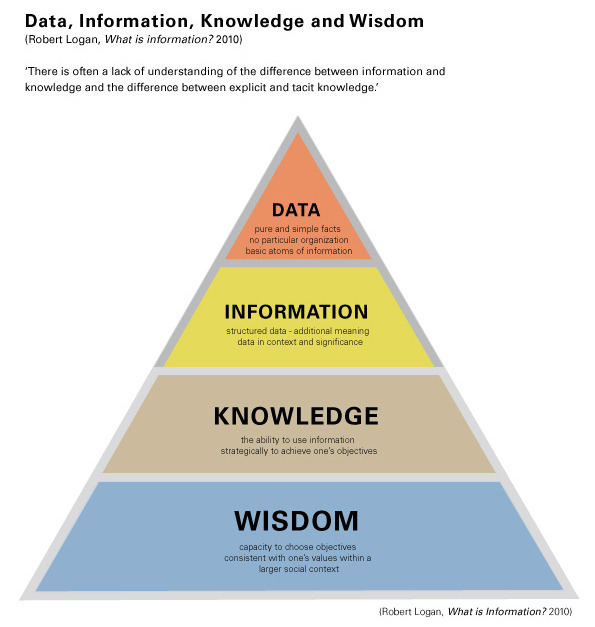
According to Zins (2005), ‘data’ is a set of symbols that represent empirical perceptions or empirical raw material, ‘information’ is a set of symbols that represent empirical knowledge, while ‘knowledge’ is a set of symbols that represent thoughts, which the individual justifiably believes are true or valid. There is even a higher entity – ‘wisdom’, the capacity to choose goals or make informed decisions consistent with one’s values within a larger social context (Logan, 2010, as cited in Boehnert, n. d.).
-
Get Together: How to build a community with your people (Book)
True stories of everyday people who created thriving communities, both in-person and online. The authors untangle the challenge of getting passionate people together into clear steps, helping individuals and organizations navigate the intricacies of leading a community.
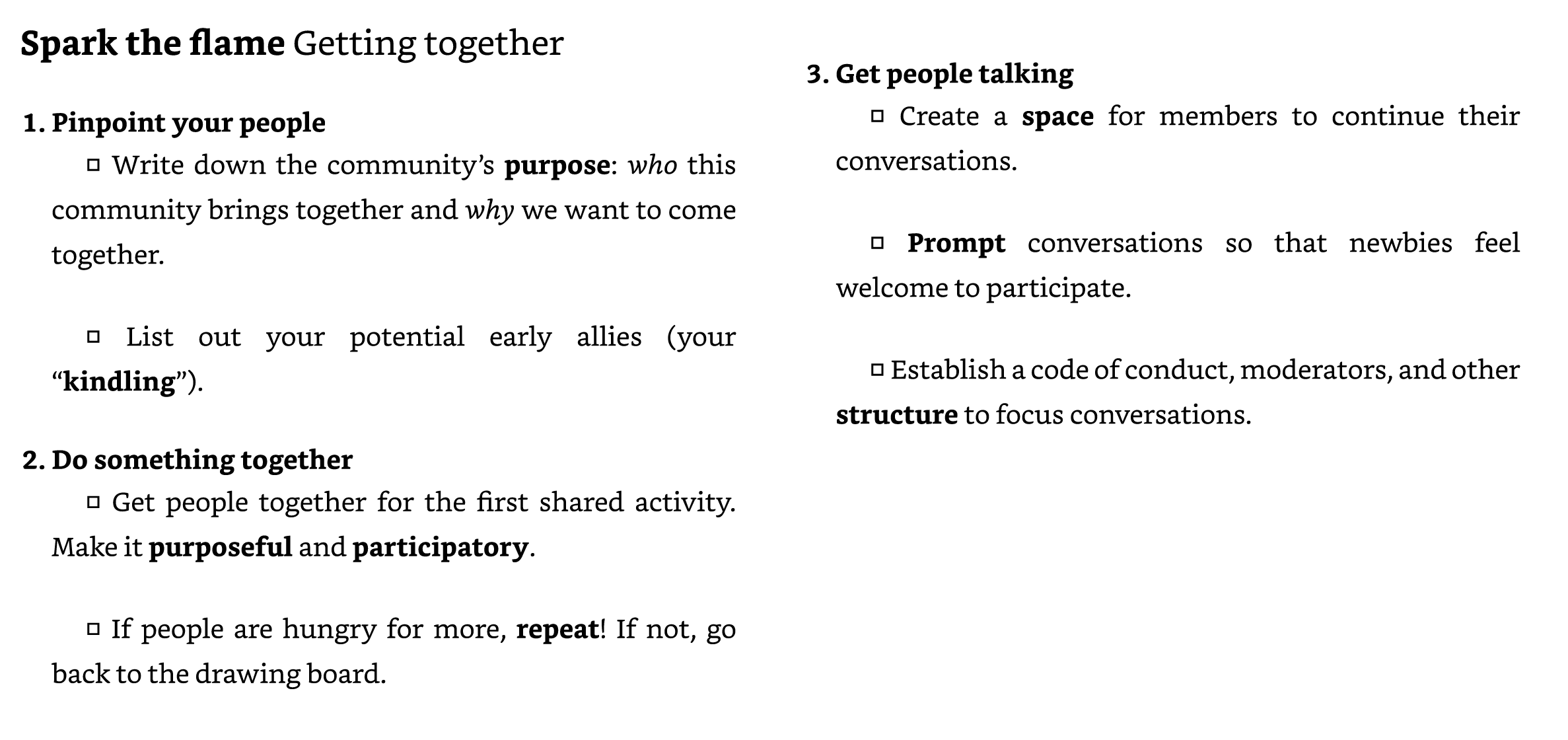
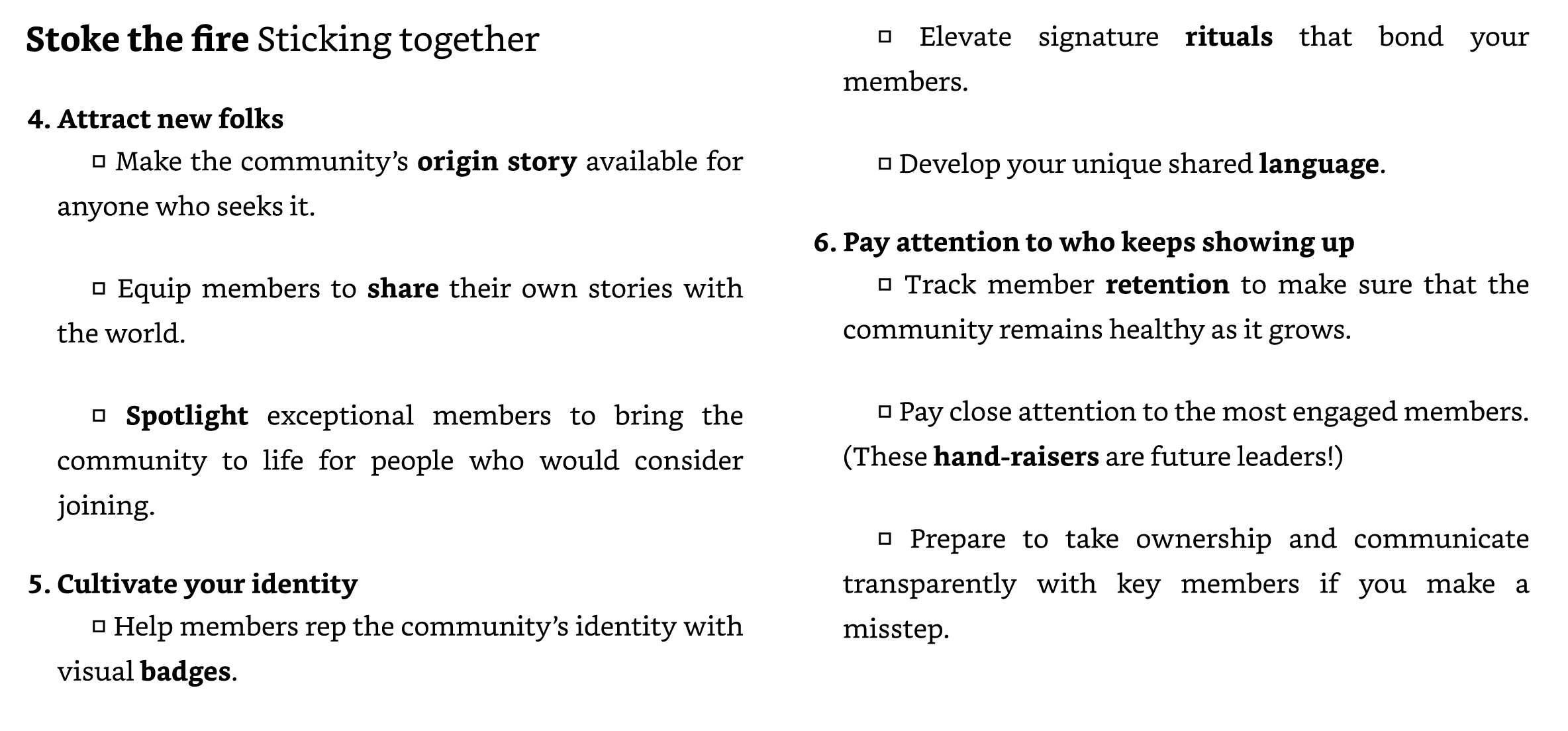
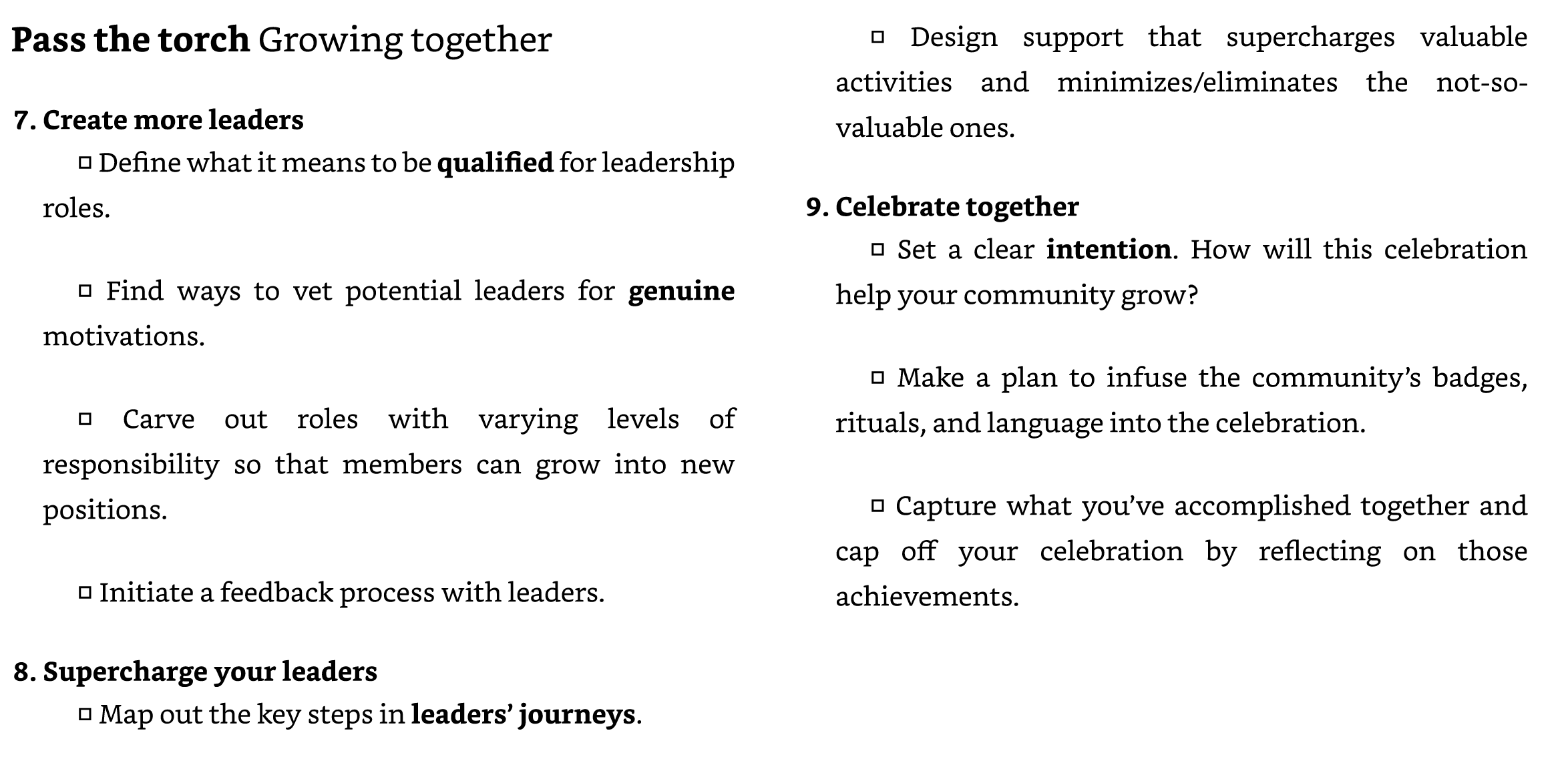
-
Price of Portable Electromagnetic Pulse (EMP) Devices
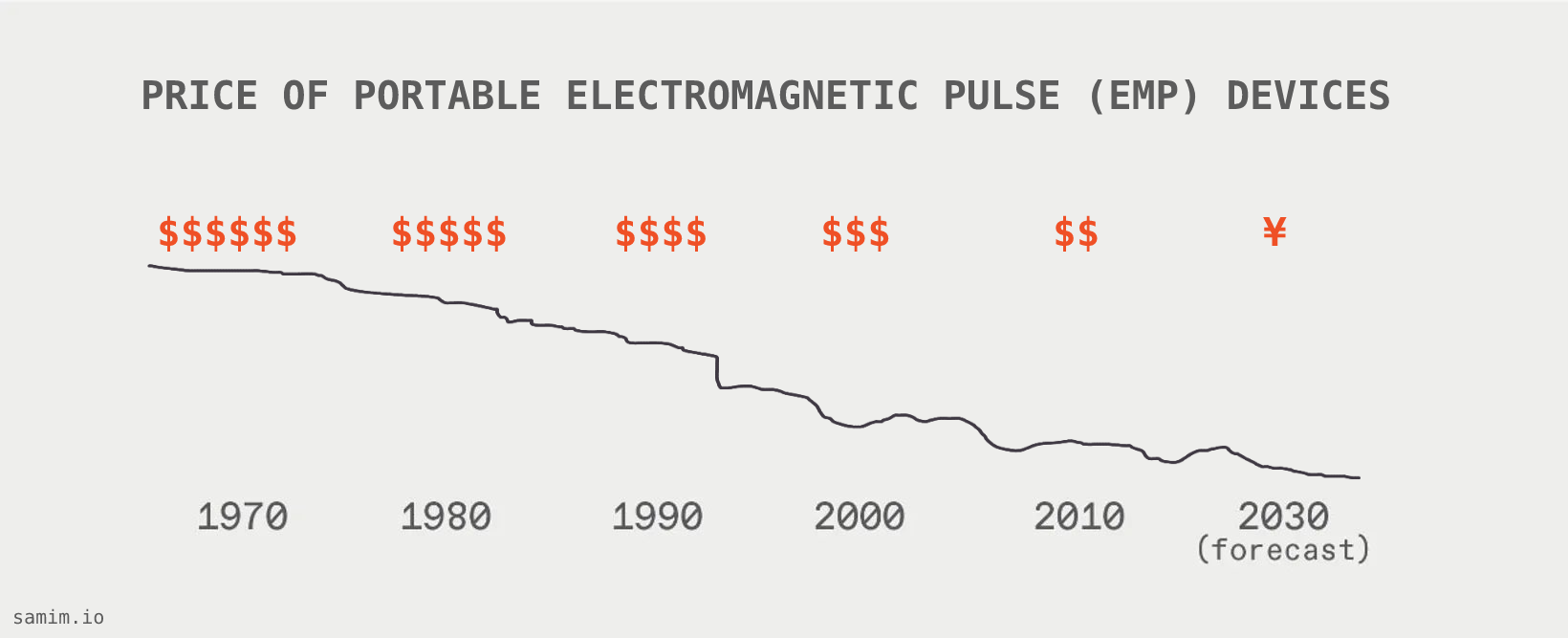
-
Electronics systems as percent of total car cost
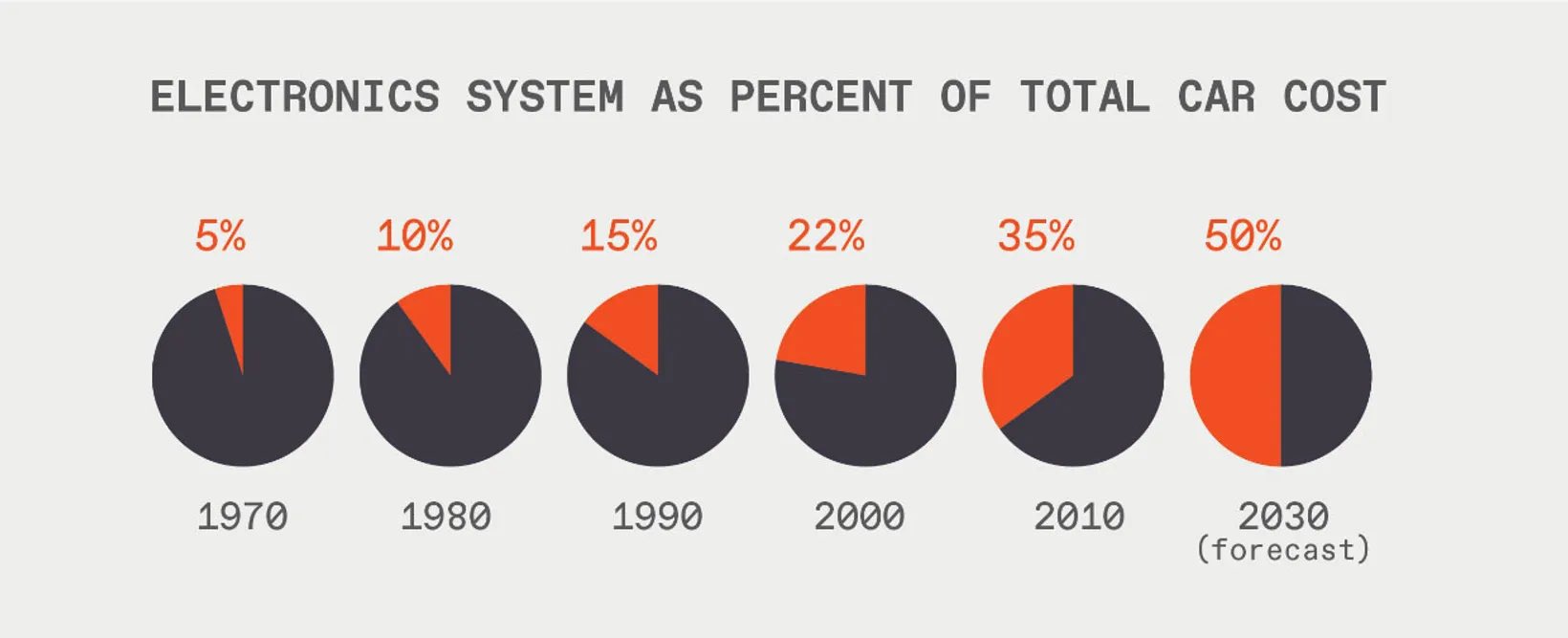
And yet cars keep getting bigger and bigger - dumber and dumber...
-

According to Wenger-Trayner (2015), communities of practice (CoP) are “groups of people who share a concern or a passion for something they do and learn how to do it better as they interact regularly.” (p. 1). This is not just a group or team; it has to meet at least three key characteristics: domain, community and practice.
Domain refers to shared interest or competence that distinguishes its members from other individuals. Community, on the other hand, is formed through shared activities and discussions, whereby members help each other, share information and learn from each other to build stronger relationships. Practice means that members are supposed to be practitioners who “share a repertoire of resources: experiences, stories, tools, ways of addressing recurring problems—in short a shared practice… which takes time and sustained interaction.” (Wenger-Trayner, 2015, p. 2). The combination of these three elements constitutes a community of practice, and developing and sustaining these three elements can lead for such a community to flourish. Figure 1 shows the interconnectedness of these key qualities that comprise CoP.
-
The habits of highly effective community development practitioners
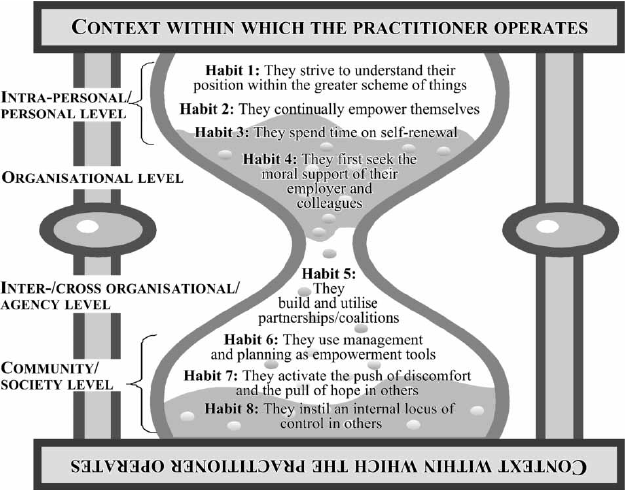
This paper is the result of a study aimed at answering the question: 'What makes effective community development practitioners effective?' In it, all the articles published over a 10-year period in the Community Development Journal, International Social Work, Journal of Community Practice and Social Work (South Africa) were subjected to a secondary analysis. This made it possible to identify eight 'habits of effectiveness'. This set of habits can form a credo to guide a practitioner's service delivery. It also provides a list of criteria to help identify ineffective habits and confirm effective ones.
-
Communities of Practice (CoPs)
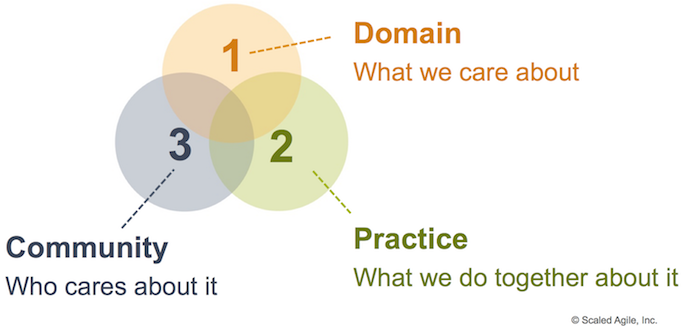
Communities of Practice (CoPs) are organized groups of people who have a common interest in a specific technical or business domain. They collaborate regularly to share information, improve their skills, and actively work on advancing the general knowledge of the domain.


